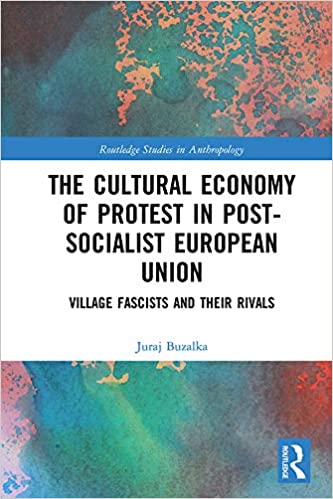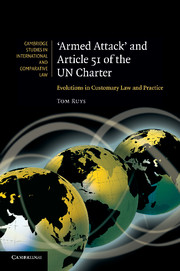Focusing on Slovakia and East Central Europe, this book examines the cultural economy of protest and considers how the origins of political movements – progressive and reactionary – derive from resilient agrarian features.
It draws attention to how the legacy of rural socialist modernization influences contemporary politics and to the ‘village’ version of fascism developing in the region. The chapters look at the interplay of post-peasant economic and political habits and representations as a result of state-socialism and with regard to the European project, as viewed through an ethnographic lens. Juraj Buzalka describes the bulk of Slovak citizens as post-socialist Europeans with a connection to the countryside who feel that this is where real power in society should be defined and based. He also observes the politicians who are skillfully mobilizing post-peasants while exploiting the political-economic context of the European Union.
چکیده فارسی
این کتاب با تمرکز بر اسلواکی و شرق اروپای مرکزی، اقتصاد فرهنگی اعتراض را بررسی میکند و در نظر میگیرد که چگونه خاستگاه جنبشهای سیاسی -ترقیخواهانه و ارتجاعی- از ویژگیهای کشاورزی انعطافپذیر ناشی میشود.
توجه را به این موضوع جلب میکند که چگونه میراث مدرنیزاسیون سوسیالیستی روستایی بر سیاست معاصر تأثیر میگذارد و به نسخه «دهکده» فاشیسم در حال توسعه در منطقه میپردازد. فصلها به تأثیر متقابل عادات و بازنماییهای اقتصادی و سیاسی پس از دهقانان در نتیجه سوسیالیسم دولتی و با توجه به پروژه اروپایی، از منظر قومنگاری میپردازند. یوراج بوزالکا اکثر شهروندان اسلواکی را اروپاییان پسا سوسیالیست با ارتباط با روستاها توصیف می کند که احساس می کنند اینجاست که قدرت واقعی در جامعه باید تعریف و پایه گذاری شود. او همچنین سیاستمدارانی را مشاهده میکند که به طرز ماهرانهای پس از دهقانان را بسیج میکنند و در عین حال از بافت سیاسی-اقتصادی اتحادیه اروپا بهرهبرداری میکنند.
ادامه ...
بستن ...
- ASIN : B08GL3TYJ5
- Publisher : Routledge; 1st edition (September 22, 2020)
- Publication date : September 22, 2020
- Language : English
ادامه ...
بستن ...










